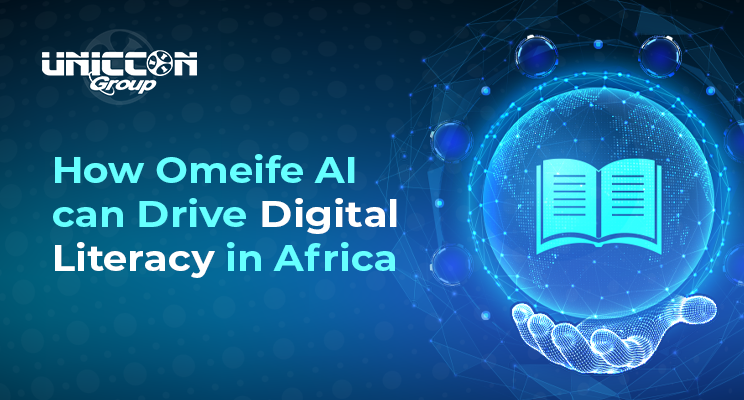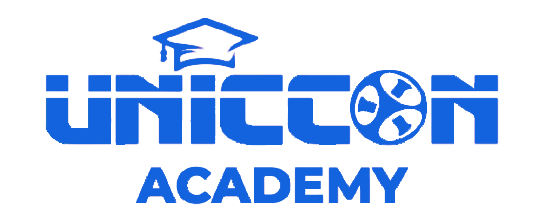
As Africa forges ahead in the digital era, the importance of digital literacy and inclusivity cannot be overstated. However, pre existing AI applications have fallen short in addressing the diverse needs of users on the continent.
This is where Omeife AI steps in, revolutionizing access to technology and empowering individuals of all literacy levels.
In this article, we will explore how Omeife AI can drive digital literacy in Africa through its voice recognition and multilingual features, addressing the shortcomings of preexisting AI applications while promoting inclusivity.
CLOSING THE LANGUAGE BARRIER AND EMPOWERING ALL USERS THROUGH OMEIFE AI’S VOICE RECOGNITION AND MULTILINGUAL FEATURE.
According to UNESCO, about 34% of adults in Sub-Saharan Africa are illiterate, presenting a significant barrier to technology adoption.
One of the key differentiators of Omeife AI is its commitment to inclusive accessibility. Another limitation of preexisting AI applications such as Writesonic and ChatGPT lie in their heavy reliance on text-based interactions, posing challenges for users with limited literacy levels or disabilities.
Omeife AI, with both its text and voice features, paves the way for a more inclusive digital landscape. Users can now interact with Omeife AI through speech, accessing information and performing tasks without the need for reading or writing skills. This breakthrough inclusion ensures that individuals with diverse abilities can leverage technology effectively, thereby extending digital literacy to a larger segment of the population. This will contribute to a more digitally literate Africa.
The African continent is home to over 200 languages, making language diversity a significant challenge for technology adoption. Omeife AI’s multilingual capabilities set it apart from established players like Google Assistant, Siri, Alexa. While these preexisting AI applications primarily support English interactions, leaving a vast number of individuals excluded from the benefits of technology, Omeife AI has the ability to translate and interact in multiple African languages. This is a vital feature in Africa, where diverse linguistic landscapes exist within and between countries.
Omeife AI’s groundbreaking Language as a Service (LaaS) feature provides this amazing solution that allows users to interact with technology in their native languages. This multilingual capability ensures that more first-time AI users can engage with technology comfortably and confidently, fostering digital inclusion and literacy.
CONCLUSION
The World Bank highlights the strong correlation between digital literacy and economic growth. Countries with higher digital literacy rates tend to experience increased productivity and improved livelihoods. Omeife AI’s efforts align with this trend, potentially catalyzing positive socio-economic transformations across the continent. By facilitating interactions through voice and supporting multiple languages, Omeife AI empowers individuals to access information, education, and opportunities that were previously inaccessible.

Comments (1)
A WordPress Commentersays:
April 4, 2024 at 9:33 amHi, this is a comment.
To get started with moderating, editing, and deleting comments, please visit the Comments screen in the dashboard.
Commenter avatars come from Gravatar.